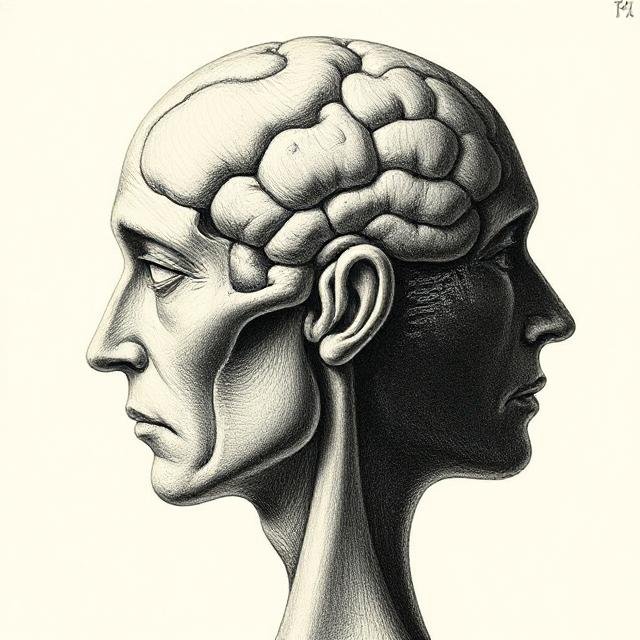Introduction
Personality disorders affect thoughts, emotions, and behavior patterns that differ significantly from cultural expectations and cause distress or impairment.
Some individuals exhibit features of more than one personality disorder, making diagnosis and treatment more complex. This overlapping presentation is often referred to as Mixed Personality Disorder or Personality Disorder Not Otherwise Specified (PD-NOS) in earlier diagnostic systems.
What Is Mixed Personality Disorder?
Mixed Personality Disorder isn’t a standalone diagnosis in the current DSM-5-TR, but the concept remains clinically relevant.
Instead, the DSM-5-TR allows clinicians to note “Other Specified Personality Disorder” or “Unspecified Personality Disorder” when an individual:
- Meets some criteria for several personality disorders
- Does not fully meet the diagnostic threshold for any single disorder
- Experiences significant distress or impairment from these combined traits
For example, a person might have:
- Avoidant traits (fear of criticism, social inhibition)
- Dependent traits (fear of being alone)
- Borderline traits (emotional instability)
This mix can create unique challenges in diagnosis and treatment.
Symptoms and Traits
Symptoms vary widely but may include:
- Chronic difficulties in relationships
- Distorted self-image
- Intense mood swings
- Impulsivity
- Excessive need for approval or fear of rejection
- Suspicion or paranoia
- Emotional detachment
- Rigid thinking patterns
Because traits come from multiple disorders, no two individuals with mixed personality presentations are exactly alike.
Causes and Risk Factors
Factors contributing to personality disorders include:
- Genetics: Family history of personality disorders or mental illness
- Childhood environment: Neglect, abuse, or chaotic family life
- Temperament: Inborn traits influencing emotional reactivity
- Trauma: Early trauma or prolonged stress
- Neurobiological factors: Differences in brain structure and function
Mixed presentations often arise because these factors interact in unique ways for each person.
Diagnosis
Diagnosis involves:
- Comprehensive psychiatric evaluation
- Detailed history of symptoms, relationships, and functioning
- Use of diagnostic interviews and personality assessments
- Exclusion of other mental health conditions (e.g., mood disorders, psychosis)
Clinicians look for pervasive patterns across various settings—not just isolated incidents.
Treatment Options
Treatment is highly individualized, focusing on the person’s specific symptoms and functional challenges rather than rigid diagnostic labels.
Psychotherapy
Primary treatment involves talk therapy, including:
- Cognitive Behavioral Therapy (CBT): Restructuring unhelpful thoughts and behaviors
- Dialectical Behavior Therapy (DBT): Managing emotions and reducing self-harm
- Schema Therapy: Addressing deep-rooted belief systems
- Psychodynamic therapy: Exploring unconscious patterns and past experiences
Therapy often focuses on improving:
- Emotional regulation
- Relationship skills
- Self-esteem
- Coping strategies
Medications
No medication specifically treats personality disorders. However, psychiatrists may prescribe medications to manage co-occurring symptoms like:
- Anxiety
- Depression
- Mood swings
- Impulsive behaviors
Lifestyle and Support
- Building strong support networks
- Developing healthy routines (sleep, nutrition, exercise)
- Learning stress management skills
- Participating in support groups
Living with Mixed Personality Disorder
Living with mixed personality traits can be challenging but recovery is possible. With proper support, many individuals:
- Learn to manage intense emotions
- Develop healthier relationships
- Build a more stable sense of self
Early intervention and a tailored treatment plan can significantly improve quality of life.













